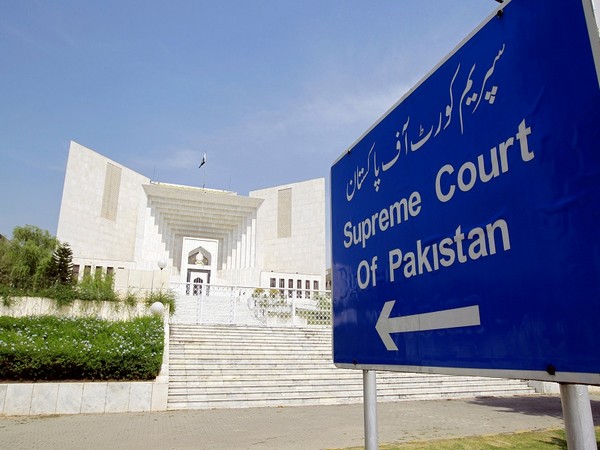Pakistan's Supreme Court Ruling Protects Constitutional Rights
Pakistan's Supreme Court has ruled that neither national nor provincial assemblies can pass laws that infringe upon fundamental constitutional rights. This decision came as the court reviewed changes to the Income Tax Ordinance. The decision reaffirms the importance of protecting citizens' rights against discriminatory legislation.

- Country:
- Pakistan
Pakistan's Supreme Court has delivered a major setback to the federal government by declaring that national and provincial assemblies are barred from enacting laws that infringe upon fundamental rights guaranteed by the Constitution, as reported by Dawn. This landmark decision was made by a three-judge bench led by Justice Syed Mansoor Ali Shah while hearing appeals against the 2019 amendments to Section 65B of the Income Tax Ordinance (ITO), 2001.
Justice Shah's judgement emphasized that Article 8 of the Constitution limits the legislative powers of both parliament and provincial assemblies. The article prohibits the creation of any law that breaches the constitutional rights of citizens. According to Dawn, Justice Shah reiterated that neither parliament nor provincial assemblies could exercise their legislative powers in a manner that Article 8 forbids. Prior to the 2019 amendments, the ITO granted a 10% tax credit to industries purchasing and installing new machinery from July 1, 2010, to June 30, 2021. However, the 2019 Finance Act altered the end year to 2019 and halved the tax credit rate to 5%.
Several companies contested the amendment in the Sindh High Court, which nullified the provision reducing the tax credit to 5% in February 2023. The Inland Revenue Commissioner subsequently appealed this decision to the Supreme Court. Justice Shah pointed out that the reduction in the tax credit rate violated the prohibition against discrimination. He further asserted that the tax credit rate cut was inconsistent with Article 25, which mandates that all citizens are equal before the law and deserve equal protection under the law.
(With inputs from agencies.)










